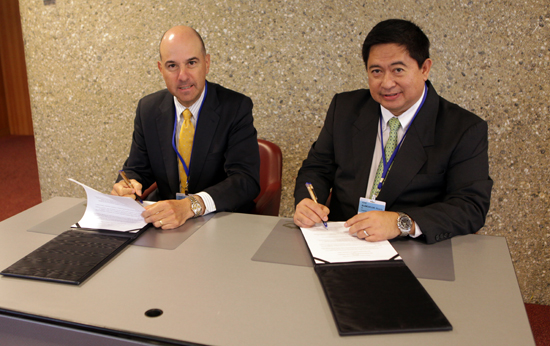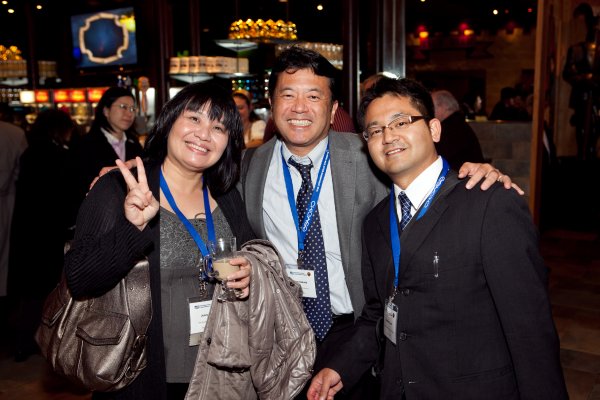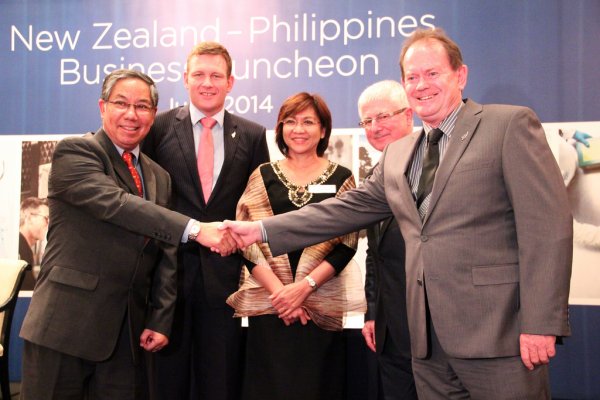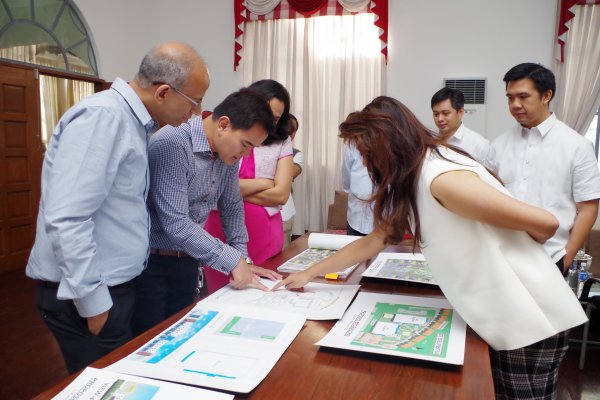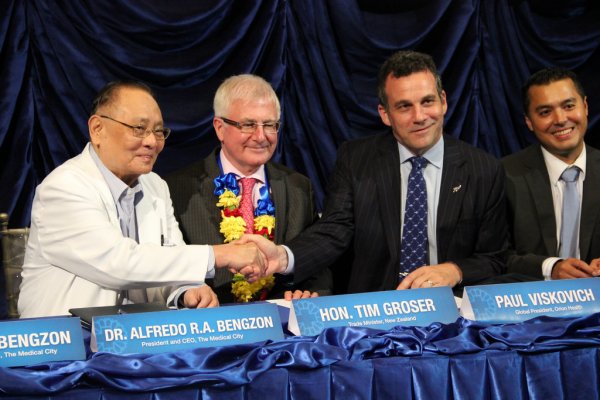Business Culture: Decision Making
Cultural Context
Western visitors to the Philippines will notice some key differences in the way business is conducted, and may even find themselves puzzled in certain situations. Decisions take time to make, because harmony and consensus are extremely important in Filipino culture. In fact, making sure that the process goes smoothly is often the most important part of doing business in the Philippines—social harmony will be prioritized even at the expense of a project's success.
Patience is key because decision-making can be a long, drawn-out process in which each team member gives his or her opinion. Hiya, or shame, is a motivating factor behind behavior, and Filipinos make every effort to avoid bringing shame upon themselves and, by extension, their families. If someone is embarrassed or criticized in front of their peers, they will feel as though they did not live up to expectations and will quickly lose their confidence.
Saving face and maintaining a sense of personal pride and dignity are integral to understand when in business situations in the Philippines. Working in teams and valuing the opinions of others is also important in Filipino culture, meaning people will go out of their way to help their colleagues and to be seen giving aid. Anyone who acts in a way that damages the group's image, or that of an individual within the group, is likely to be severely dealt with, so avoid confrontation, raising your voice, or losing your temper.
Power Structures
Business structures in the Philippines tend to be strictly hierarchical. All decisions are made at the top of the company, and it will likely take several visits to meet the real decision maker. Depending on the size of the company and scope of the project, there is also a possibility a foreign businessperson may never actually meet with the real decision maker. Often, getting someone to act on a proposal has to be done through one or more gatekeepers—but once you make it to the top of the pyramid, the gears begin to move quickly and deals are completed at rapid pace.
Since the family is seen as vitally important, most business organizations are modeled after the Filipino family. The boss is seen as a parental figure, while his or her relationships with subordinates are like that between a parent and child. Paternalistic management styles are the norm, and in many companies relationships are so strong that employees are not at risk of being fired for inefficiency unless they make a drastic mistake. The highest-ranking person is expected to act as the champion of the group in all situations, and is expected to clearly lead employees.
Key Contacts
To Filipinos, business relationships are personal relationships that take time to develop. Therefore, networking is key to doing business in the country, and it is crucial to build a support system that you can call upon for assistance. It is very likely you may be asked to do favors for your counterparts, and they will fully expect you to ask them to do favors in return. If you leave the company, your replacement will need to start over and establish relationships.
Decisions are often made based on feelings as much as facts, making it even more important that visitors develop personal relationships. Always keep in mind that Filipinos do business with people more than companies, and group consensus is necessary in order to save face in Filipino culture.
Since Filipinos are status conscious, it is appropriate to address people using formal titles—especially when you greet them for the first time. It is appropriate to use courtesy titles such as "Mr.," "Mrs.," and "Miss," as well as professional titles such as "Doctor," "Attorney," and "Secretary," followed by a surname. Avoid referring to someone by his or her first name until you have established a relationship or receive a specific request to do so. Nicknames are common, and are often enclosed in quotations as a middle name, but it is wise to always ask what your counterpart prefers to be called.
Communicating Styles
Filipinos often make significant use of nonverbal language, which may take some getting used to for Western businesspeople. Pay particular attention to facial expressions. Lifting the eyebrows without smiling means "no," while lifting the eyebrows while smiling is used as a friendly greeting. Pointing of the finger is seen as rude, and directional cues are typically given by the pursing of the lips. Visitors should avoid prolonged direct eye contact.
Although Filipinos use English as a business language, the word "yes" has a variety of meanings: "I agree," "I understand but do not agree," "maybe," or even "yes, but highly unlikely" are just a few interpretations. Filipinos do not care for the word "no," and will go to great lengths to avoid using it in order to avoid disagreement or tension of any sort. Unfortunately, this means business negotiations may seem far more ambiguous than Westerners are used to in their home settings. It is not uncommon to leave a meeting feeling positive and productive, but later come to find out the projects under discussion never even got off the ground. Visitors will need to adapt to this style of communication in order to truly understand what is going on.
Implementing Agreements
Nailing down a contract or getting a firm negative answer can be difficult when conducting business in the Philippines. Always give instructions in clear detail.
When dealing with government officials, it may be necessary to give "gifts" in order to speed up proceedings. Visitors should consult a local representative who best understands the system, as well as their home country's laws regarding differences in legal status, if any, between gifts presented in the service of expediting planned processes (approving correct and complete customs paperwork), and gifts given in exchange for processes that would not otherwise occur (approving incorrect and/or incomplete customs paperwork). Know your own country's and firm's rules before your trip begins.
Do not be surprised if the pace of negotiations is slower than anticipated. The decision-making process is often detailed and drawn out, which can be difficult for results-oriented Westerners. Remember to always try and build relationships, even if it is just sticking around after meetings end to make small talk. In the end, those few minutes may be what ultimately seals the deal.
Article written for World Trade Press by Libby Zay.
Copyright © 1993—2025 World Trade Press. All rights reserved.

 Philippines
Philippines 